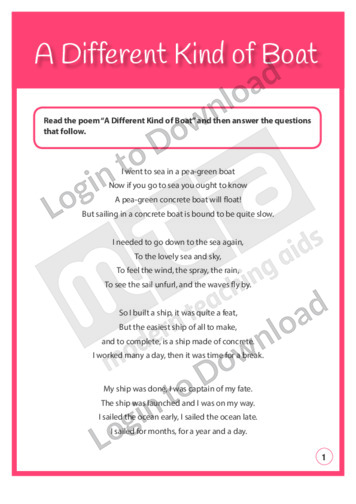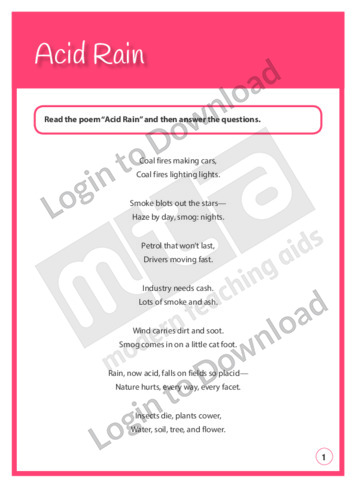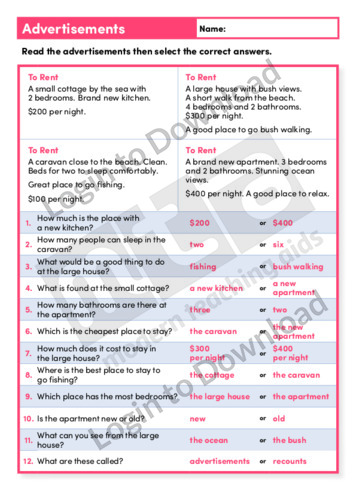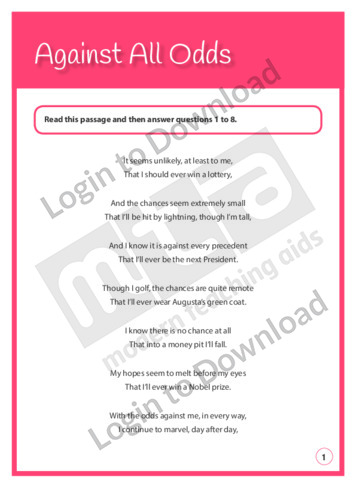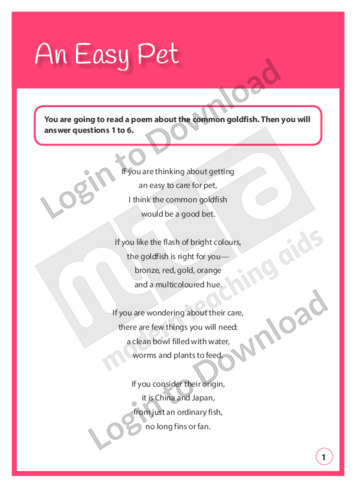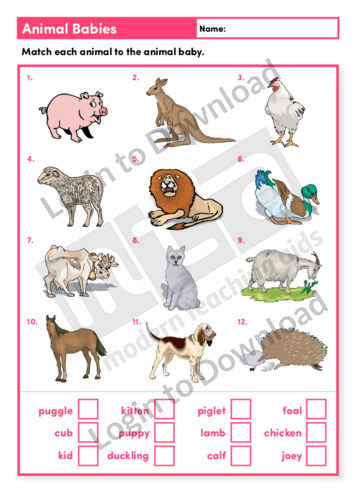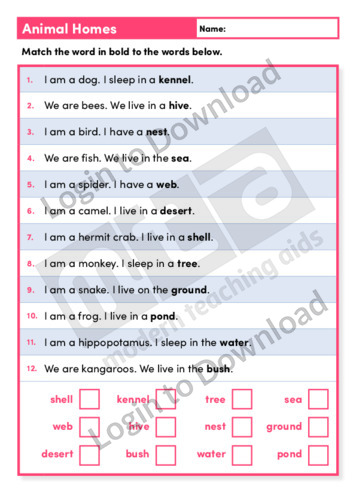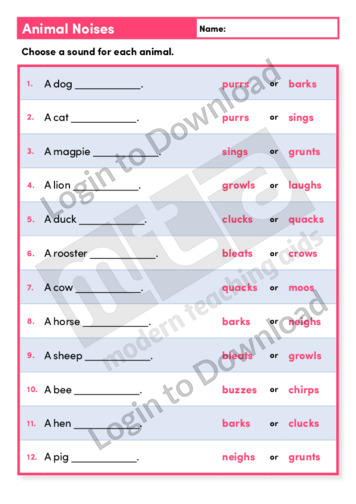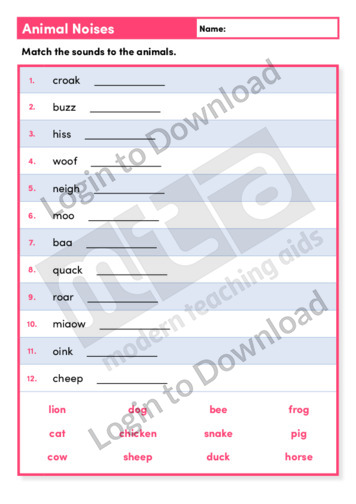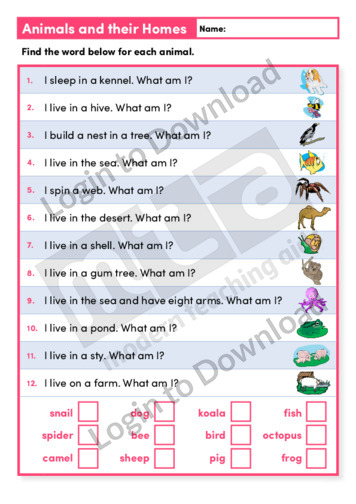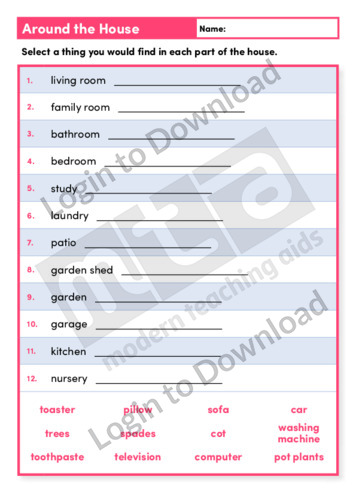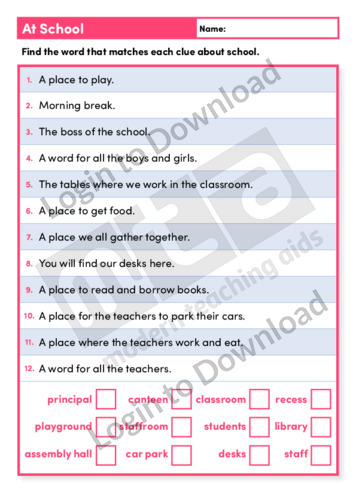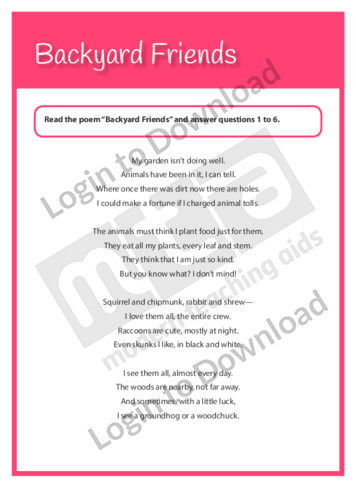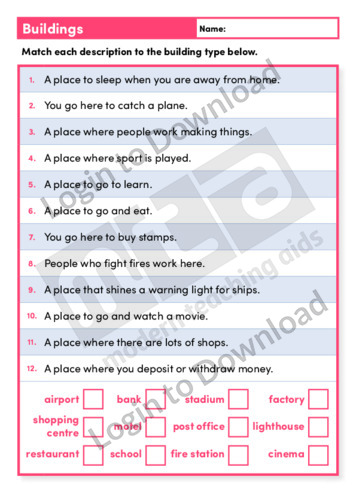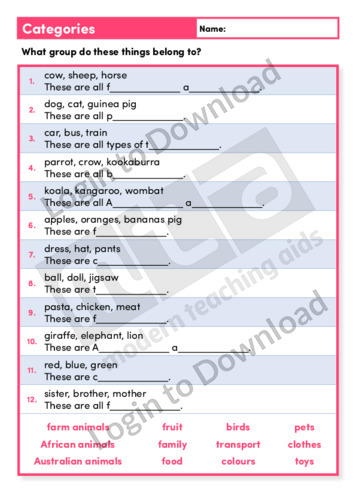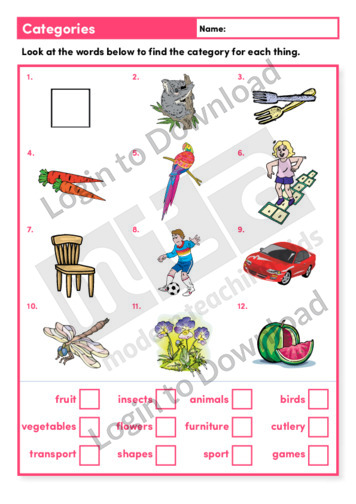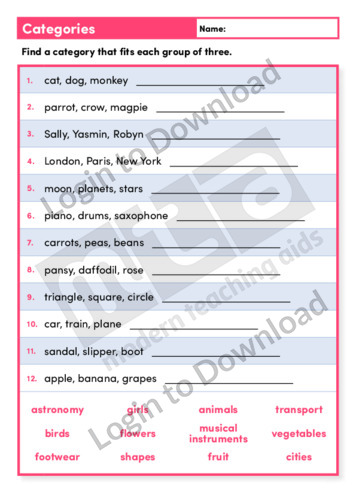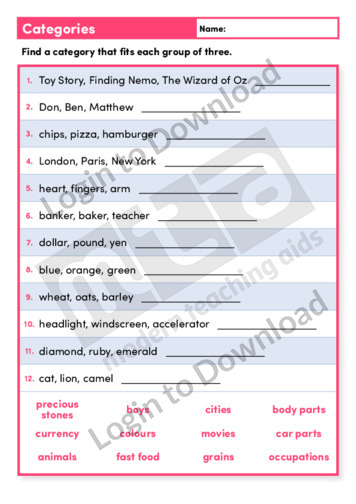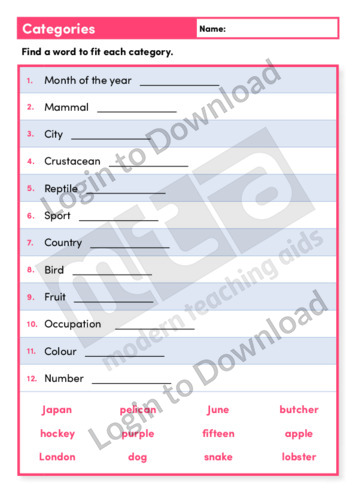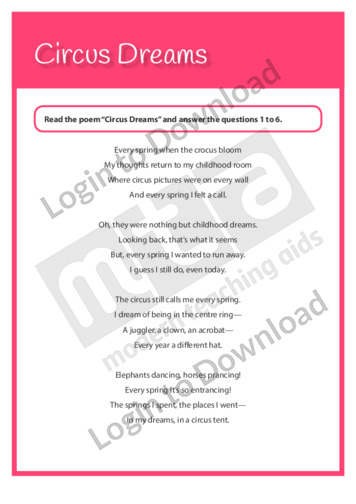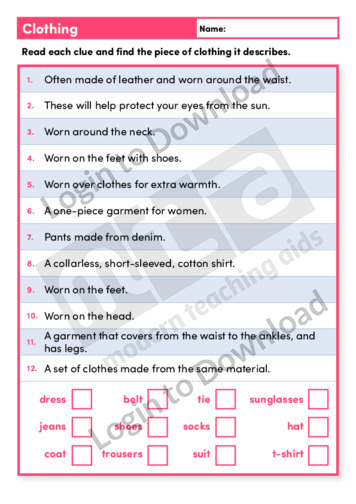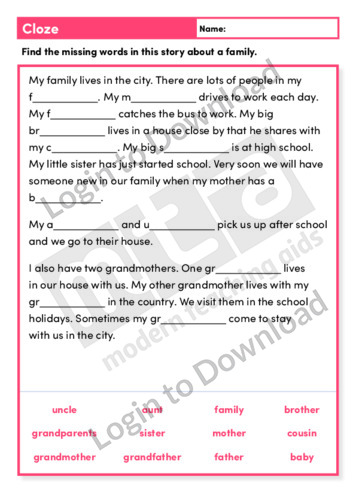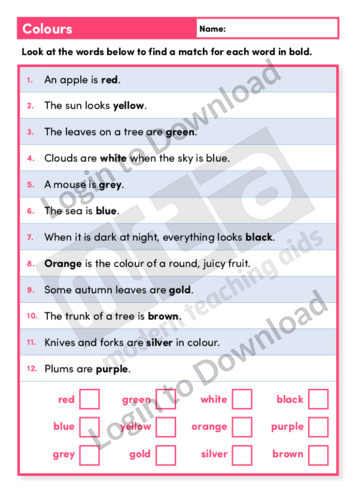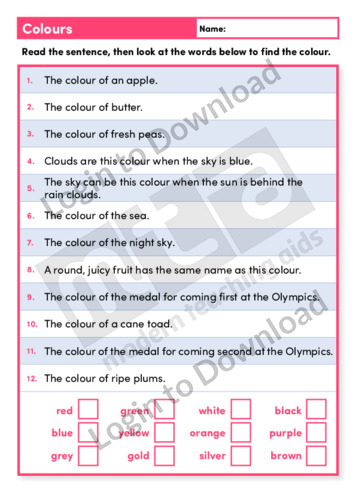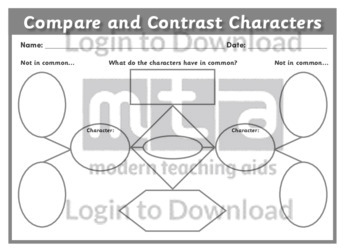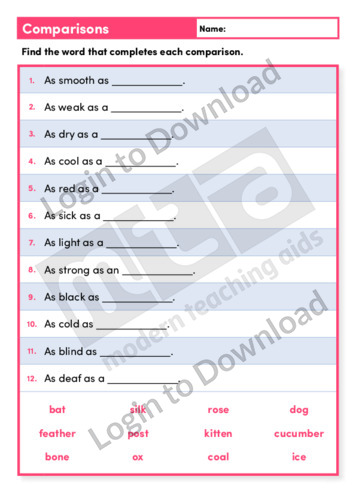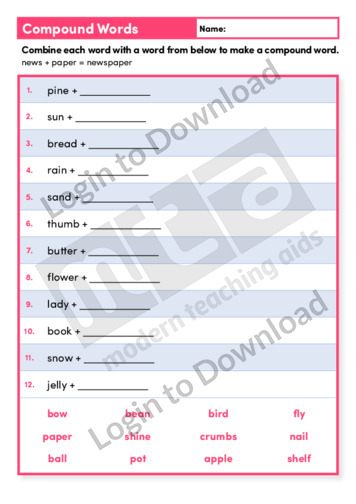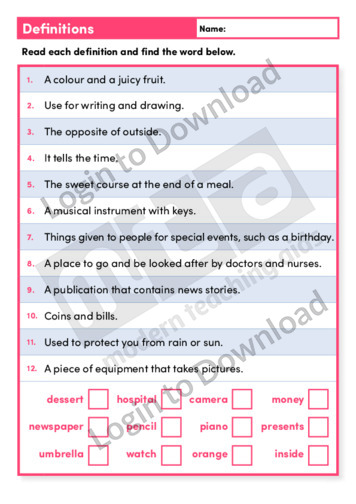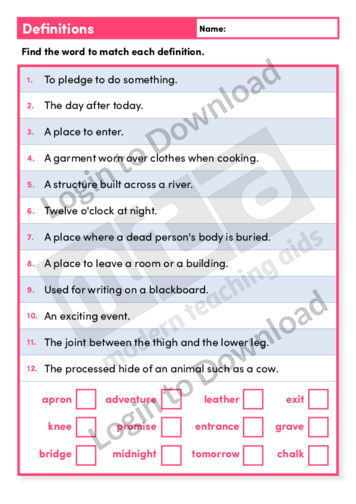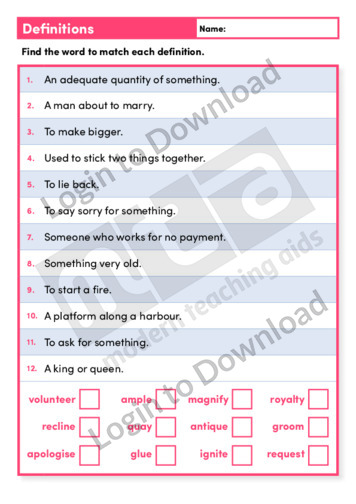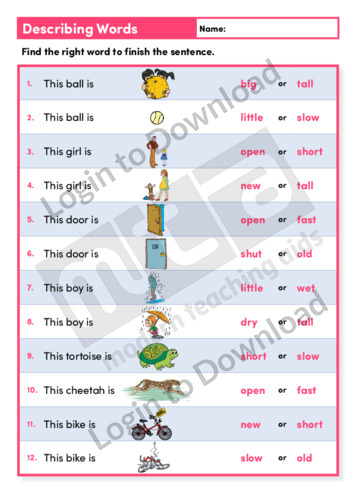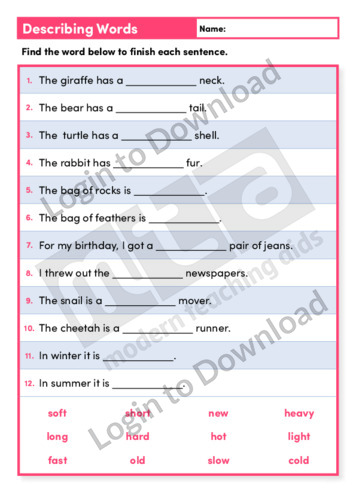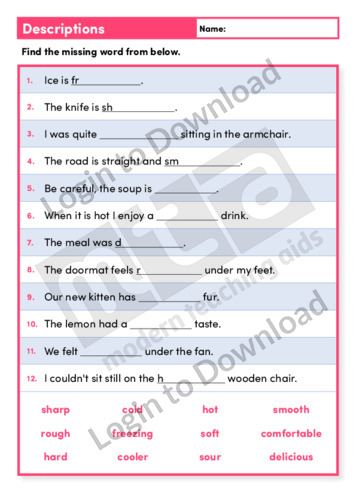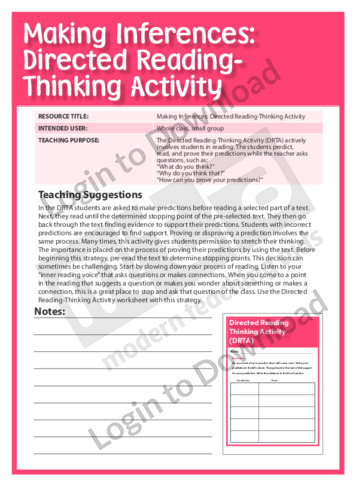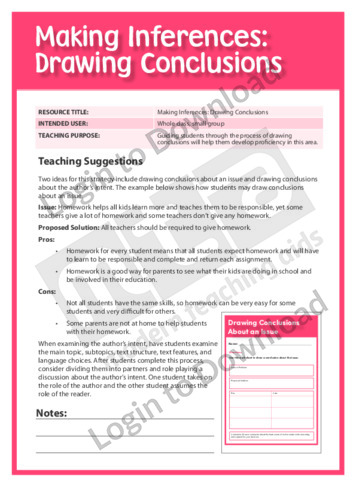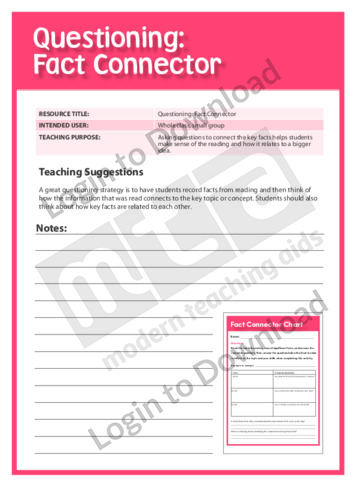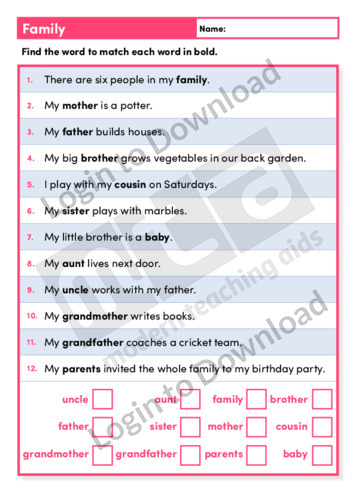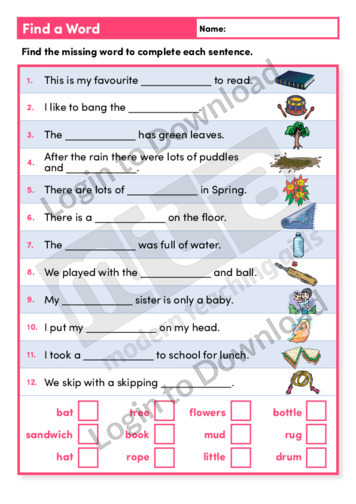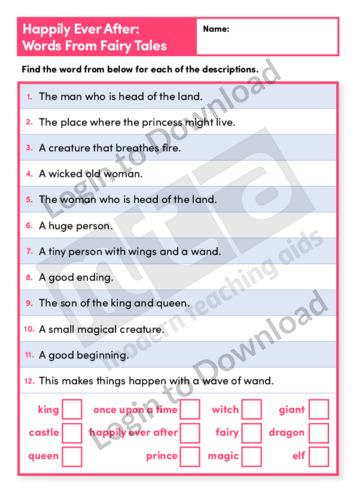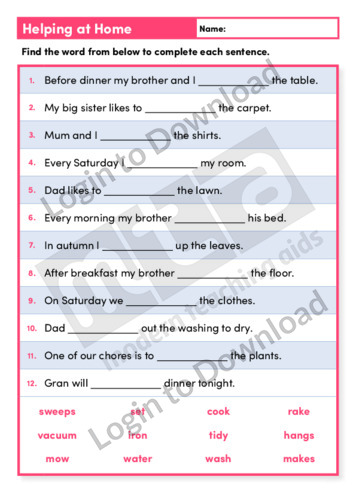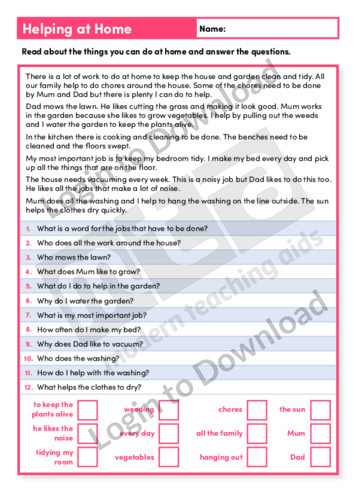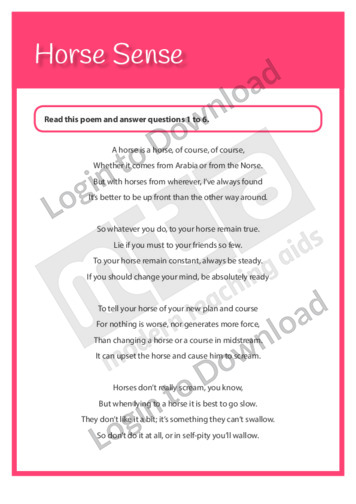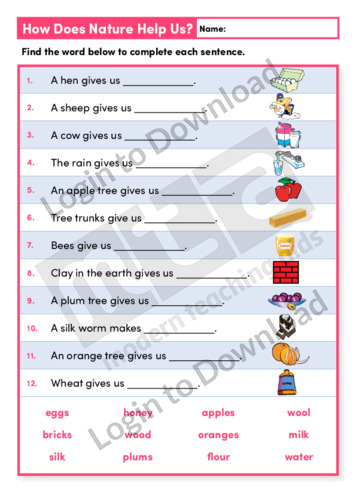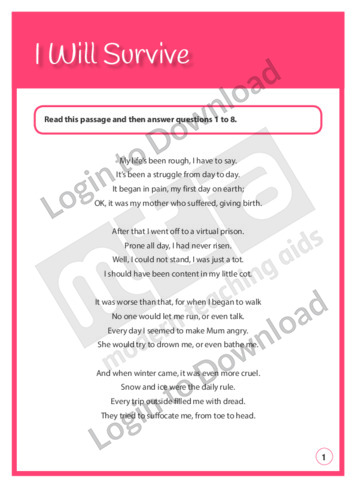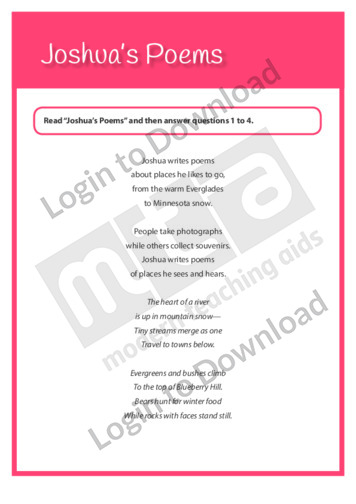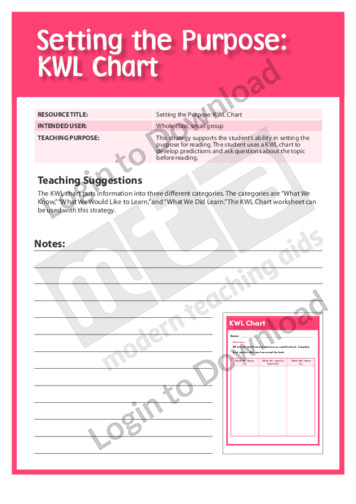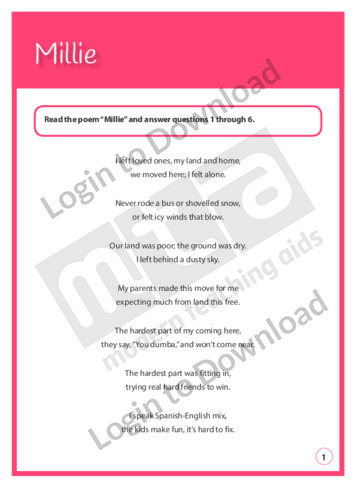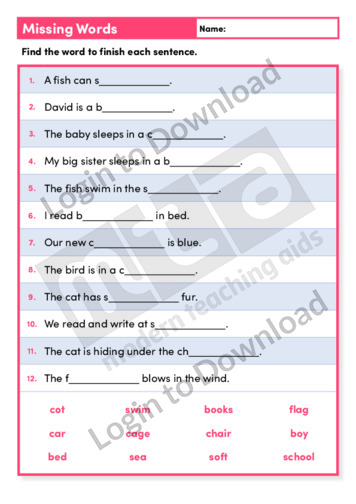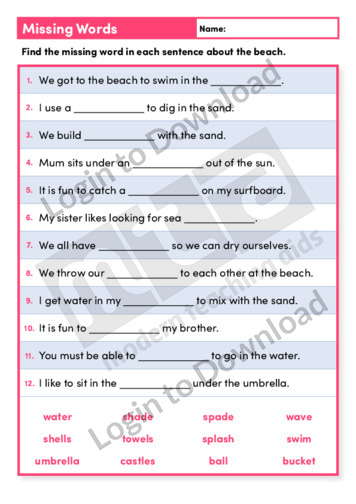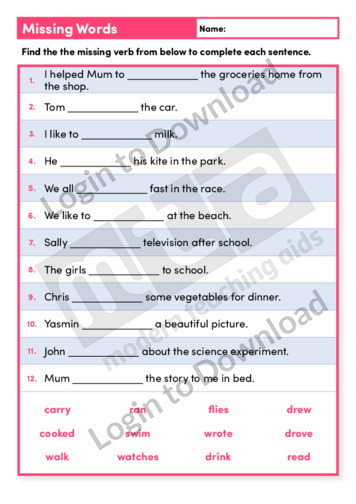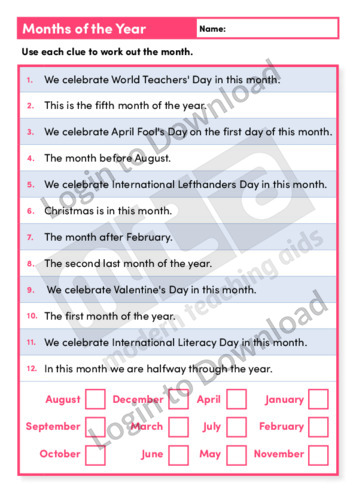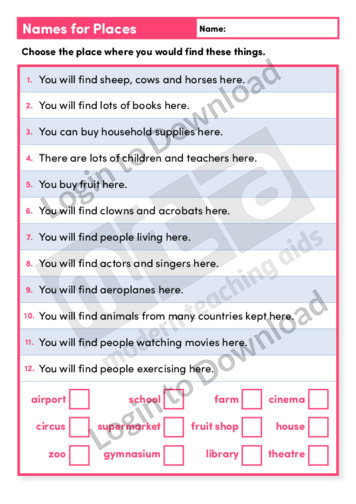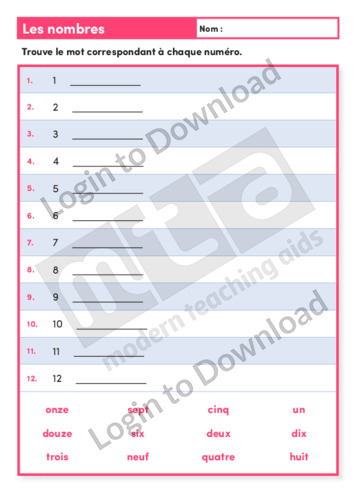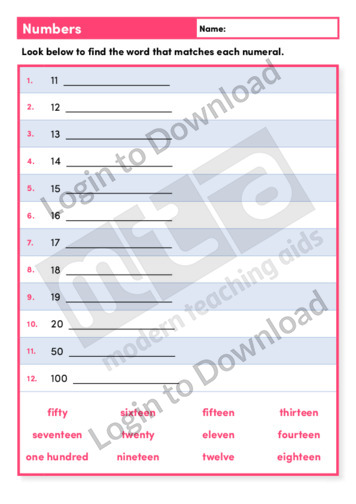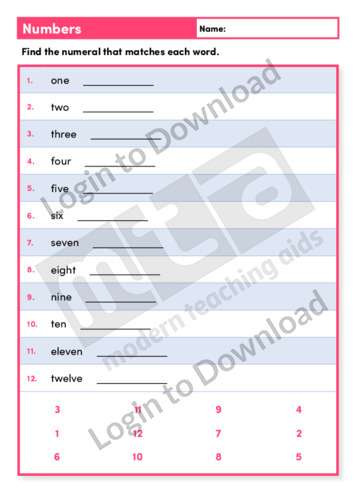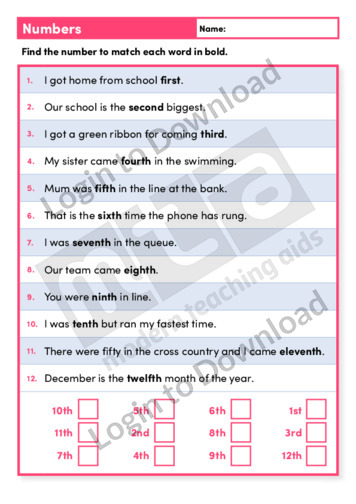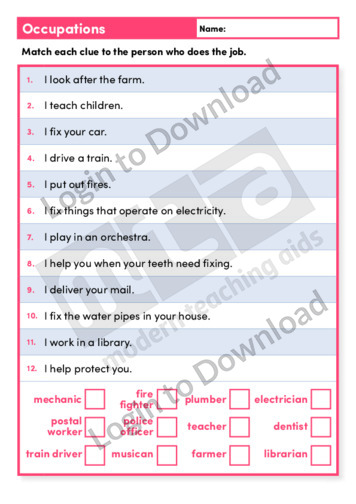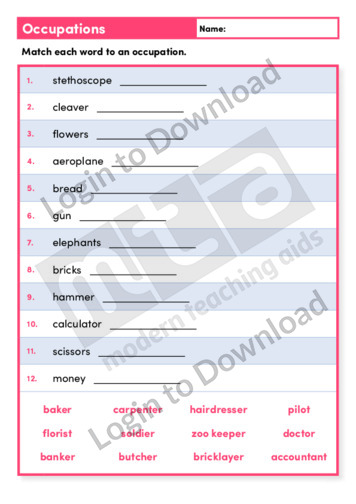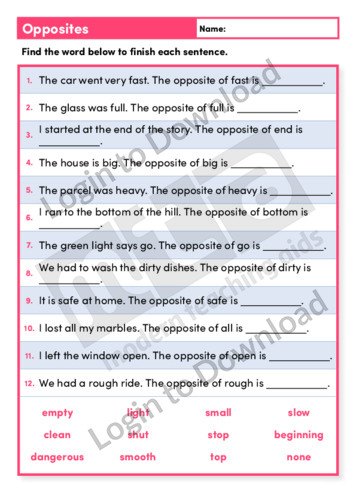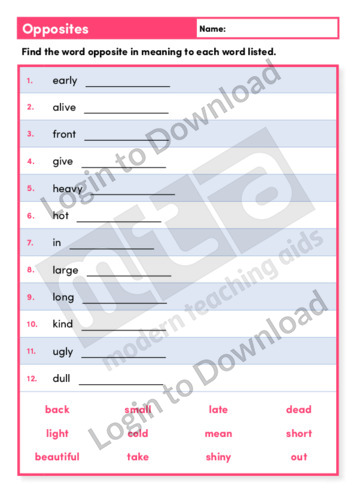This Poetry worksheet, ‘A Different Kind of Boat’, features a whimsical poem about an unusual sailing voyage in a pea-green concrete boat. It encourages students to use a variety of strategies to interpret the poem and includes questions about detail, vocabulary, and making a judgment. Answer sheet provided with file download.
This Poetry worksheet, ‘Acid Rain’, features a poem about air and water pollution. It encourages students to use a variety of strategies to interpret the poem and includes questions about drawing a conclusion, reasoning, detail, figurative language, validity, author’s purpose, vocabulary, and making a judgment. Answer sheet provided with file download.
This reading activity, ‘Advertisements’ provides opportunities for practice with reading the advertisements and answering comprehension questions.
This Poetry worksheet, ‘Against All Odds’, features a poem about luck that highlights the good fortune of finding the right partner. It encourages students to use a variety of strategies to understand the poem and includes questions about classifying, cause and effect, literary devices, vocabulary, and author’s purpose. Answer sheet provided with file download.
This Poetry worksheet, ‘An Easy Pet’, features a poem that recommends goldfish as an easy pet to look after. It encourages students to use a variety of strategies to interpret the poem and includes questions about vocabulary, word meaning, conclusion, theme, and reasoning. Answer sheet provided with file download.
This vocabulary activity, ‘Animal Babies’ supports vocabulary development by encouraging students to match animals to their babies.
This vocabulary activity, ‘Animal Homes’ supports vocabulary development by encouraging students to identify the correct animal words in context.
This vocabulary activity, ‘Animal Noises’ supports vocabulary development by encouraging students to match the correct sound to each animal.
This vocabulary activity, ‘Animal Noises’ supports vocabulary development by encouraging students to match the correct animal to each sound.
This vocabulary activity, ‘Animals and Their Homes’ supports vocabulary development by encouraging students to use vocabulary related to animals and their habitats.
This vocabulary activity, ‘Around the House’ supports vocabulary development by encouraging students to identify rooms and areas of a house.
This vocabulary activity, ‘At School’ supports vocabulary development by encouraging students to match nouns to their correct descriptions.
This Poetry worksheet, ‘Backyard Friends’, features a poem about the squirrels, rabbits, raccoons, and other small animals that visit a garden. It encourages students to use a variety of strategies to interpret the poem and includes questions about conclusion, figurative language, emotion, validity, predicting outcome, and detail. Answer sheet provided with file download.
This vocabulary activity, ‘Buildings’ supports vocabulary development by encouraging students to identify types of buildings from their descriptions.
This vocabulary activity, ‘Categories’ supports vocabulary development by encouraging students to identify the correct grouping nouns in context.
This vocabulary activity, ‘Categories’ supports vocabulary development by encouraging students to match grouping categories to the correct pictures.
This vocabulary activity, ‘Categories’ supports vocabulary development by encouraging students to matching categories to groups of nouns.
This vocabulary activity, ‘Categories’ supports vocabulary development by encouraging students to match categories to groups of nouns.
This vocabulary activity, ‘Categories’ supports vocabulary development by encouraging students to match associated words to their category.
This Poetry worksheet, ‘Circus Dreams’, features a poem a boy who dreams about joining the circus and grows up to become a circus ringmaster. It encourages students to use a variety of strategies to understand the poem and includes questions about making an inference, comparison/contrast, detail, emotion, author’s intent, and theme. Answer sheet provided with …More
This vocabulary activity, ‘Clothing’ supports vocabulary development by encouraging students to identify items of clothing using clues.
This vocabulary activity, ‘Cloze’ supports vocabulary development by encouraging students to identify the correct word for the context using family vocabulary.
This vocabulary activity, ‘Colours’ supports vocabulary development by encouraging students to identify the correct colours in context.
This vocabulary activity, ‘Colours’ supports vocabulary development by encouraging students to identify colours from descriptions.
This graphic organiser, ‘Compare and Contrast Characters’ provides a blank mind map to assist students in organising the similarities and differences between character traits. Having students evaluate and analyse characters and then organise these ideas visually, provides a scaffold for all students to engage with higher-order thinking skills. It can be used as a whole …More
This vocabulary activity, ‘Comparisons’ supports vocabulary development by encouraging students to create similes using ‘as’.
This vocabulary activity, ‘Compound Words’ supports vocabulary development by encouraging students to create compound words.
This vocabulary activity, ‘Definitions’ supports vocabulary development by encouraging students to match definitions to common words.
This vocabulary activity, ‘Definitions’ supports vocabulary development by encouraging students to match common words to their correct definitions.
This vocabulary activity, ‘Definitions’ supports vocabulary development by encouraging students to match common words to their correct definitions.
This vocabulary activity, ‘Describing Words’ supports vocabulary development by encouraging students to identify the appropriate adjective to complete each sentence.
This vocabulary activity, ‘Describing Words’ supports vocabulary development by encouraging students to the correct use of adjectives.
This vocabulary activity, ‘Descriptions’ supports vocabulary development by encouraging students to match the correct adjectives to the given contexts.
This content area reading learning activity, ‘Directed Reading-Thinking Activity,’ helps students to make inferences while reading a text. It actively involves students in reading by having them predict, read and prove their predictions while the teacher asks questions.
This content area reading learning activity, ‘Drawing Conclusions,’ guides students through the process of drawing conclusions. It is aimed at helping students draw conclusions about an issue and about the author’s intent.
This content area reading learning activity, ‘Fact Connector,’ helps students make sense of the reading and how it relates to a bigger idea. It has students record facts from reading and then think of how the information that was read connects to the key topic or concept.
This vocabulary activity, ‘Family’ supports vocabulary development by encouraging students to identify the correct family words in context.
This vocabulary activity, ‘Find a Word’ encourages students to identify the correct word for the context.
This vocabulary activity, ‘Happily Ever After: Words from Fairy Tales’ supports vocabulary development by encouraging students to match words and phrases to their descriptions.
This vocabulary activity, ‘Helping at Home’ supports vocabulary development by encouraging students to select the correct words to complete sentences.
This reading activity, ‘Helping at Home’ provides opportunities for practice with reading about the things you can do at home and answering the questions.
This Poetry worksheet, ‘Horse Sense’, features a humorous poem about how to handle a horse. It encourages students to use a variety of strategies to interpret the poem and includes questions about figurative language, reasoning, making an inference, conclusion, detail, and theme. Answer sheet provided with file download.
This vocabulary activity, ‘How Does Nature Help Us?’ supports vocabulary development by encouraging students to identify the correct noun in context.
This Poetry worksheet, ‘I Will Survive’, features a humorous poem about the difficulties of early childhood. It encourages students to use a variety of strategies to interpret the poem and includes questions about making an inference, figurative language, vocabulary, cause and effect, predicting outcome, and mood/tone. Answer sheet provided with file download.
This Poetry worksheet, ‘Joshua’s Poems’, features a poem about a boy who writes poems about places he visits, rather than taking photographs or collecting souvenirs. The worksheet encourages students to use a variety of strategies to interpret the poem and includes questions about figurative language, cause and effect, comparison/contrast, and detail. Answer sheet provided with …More
This content area reading learning activity, ‘KWL Chart,’ helps students develop predictions and ask questions about the topic before reading. It is aimed at supporting students’ ability in setting the purpose for reading by having them use a chart to record what they know, what they want to learn and what they did learn.
This Poetry worksheet, ‘Millie’, features a poem about the difficulties a girl faces when she moves with her family to America. It encourages students to use a variety of strategies to interpret the poem and includes questions about vocabulary, making a judgment, pronoun meaning, making an inference, and reasoning. Answer sheet provided with file download.
This vocabulary activity, ‘Missing Words’ supports vocabulary development by encouraging students to identify the correct word to complete each sentence.
This vocabulary activity, ‘Missing Words’ supports vocabulary development by encouraging students to identify the correct word in context using beach vocabulary.
This vocabulary activity, ‘Missing Words’ supports vocabulary development by encouraging students to select the missing verbs to complete the sentences.
This vocabulary activity, ‘Months of the Year’ supports vocabulary development by encouraging students to identify the months of the year.
This vocabulary activity, ‘Names for Places’ supports vocabulary development by encouraging students to identify places where particular objects are found.
This vocabulary activity, ‘Numbers’ provides opportunities for practice with matching numerals to their word forms.
This vocabulary activity, ‘Numbers’ supports vocabulary development by encouraging students to match word numbers to their numeral form.
This vocabulary activity, ‘Numbers’ provides opportunities for practice with matching word numbers to their numeral forms.
This vocabulary activity, ‘Numbers’ supports vocabulary development by encouraging students to match ordinal words to their numeral form.
This vocabulary activity, ‘Occupations’ supports vocabulary development by encouraging students to match occupations to the person who performs them.
This vocabulary activity, ‘Occupations’ encourages students to match materials and equipment to the various occupations in which they are used.
This vocabulary activity, ‘Opposites’ supports vocabulary development by encouraging students to identify opposites.
This vocabulary activity, ‘Opposites’ supports vocabulary development by encouraging students to match opposite words.
It�s that easy!

